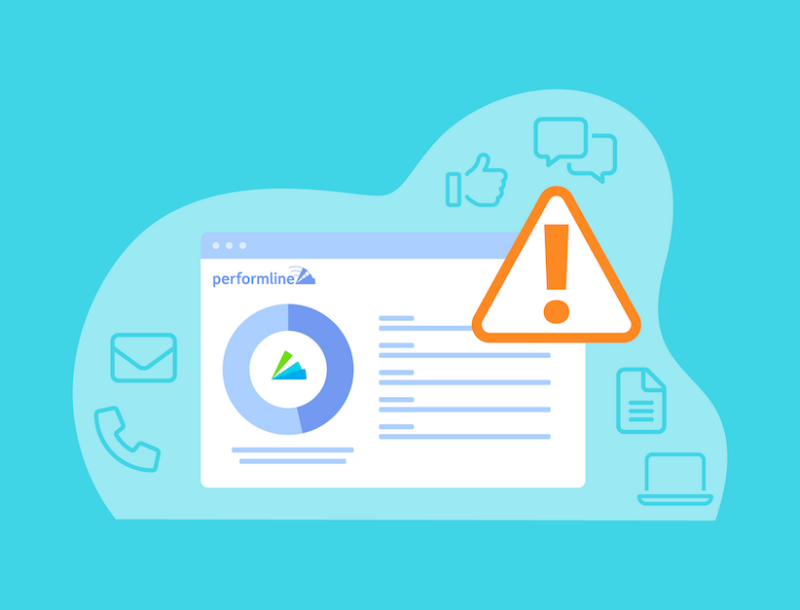Fintech-Partner Bank Relationships: Regulatory Roles & Responsibility

Lending partnerships between banks and fintechs are now playing a critical role in our financial system and provide an avenue for banks to remain competitive as the financial sector evolves digitally. But, what does this mean for the roles and regulatory responsibilities of banks and their fintech partner(s)?
Creating A Fair Financial Marketplace
An efficient banking and financial services system has always been at the cornerstone of the global economy. Recently, the structural inefficiencies of our legacy financial system have exposed its inability to provide adequate access to credit, payment products, or other financial services to all.
This created an opportunity for new players to enter the market as nonbank lenders that partner with banks and other third parties (e.g., payments processors and merchants). Through these partnerships, traditional banks have leveraged technology developed by innovative third parties (“fintechs”) that helps to reach a wider array of customers, including those previously underserved.
Regulatory Roles & Responsibilities
An increasing sentiment is that these innovating financing trends are being driven by fintechs who take the position that they are not subject to bank rules and therefore do not need to have the same controls as banks. Clearly, there seems to be some uncertainty in this space about roles and responsibilities and regulatory oversight, especially when it comes to determining which entity is making the loans, the laws that apply to these loans, and the appropriate consumer-facing disclosures that need to be made in association with these lending products.
Regardless of this uncertainty of roles and responsibility of the lender (including any fintech third party), the regulatory community views material third party relationships as an outgrowth of the bank and, therefore, views the risks to consumers, and potentially the institution itself, as significant. This is where the rubber meets the road for fintech and bank partnerships (and for the consumer).
This common point is where both fintechs and their banking partners need to be vigilant and proactive about providing the consumer with the appropriate information and disclosures necessary to make sound decisions. This is of particular importance for fintechs, as the companies and the technologies may be interfacing directly with consumers.
Fair Lending Concerns
The regulatory issues go beyond unfair and deceptive practices (“UDAAP”) or which entity is actually providing the loan (“True Lender Rule”). It seems we cannot talk about fintech and banking partnerships without addressing fair lending risks which permeate the fintech’s use of new data points used for innovative origination models and credit analyses.
In early October of 2021, my colleague, Rhonda McGill, Sr. Director of Client Solutions here at PerformLine, moderated a timely panel during the Lend360 Conference that took a deep dive into fair lending and what banks and fintechs need to be on the lookout for as the Consumer Financial Protection Bureau (CFPB) positions itself to aggressively enforce violations of fair lending and other consumer protection laws. A key takeaway from that panel was that engaging a third party does not diminish a bank’s responsibility to operate in a safe and sound manner and to comply with applicable legal and regulatory requirements, including federal consumer protection laws and regulations, just as if the bank were to perform the service or activity itself.
For fintech or nonbank lenders, it’s essential to know the compliance policies banks have in place and adopt them as if you were a bank. When these non-traditional institutions partner up with a bank, it is expected to have these policies in place, updated and audited, a process that will ultimately make the lives of consumers easier.
At the conference, Rhonda stated that “all eyes are on the data, and fintechs need to show how they are ensuring equity in their lending practices.” Less than two weeks later, on October 21, the CFPB issued a series of orders to collect information on the business practices of large technology companies operating payments systems in the United States.
Banks and fintechs need to make smart decisions about how they choose their partners. It has been suggested that those recent orders may be the very first step by the CFPB to hold those involved within the payments ecosystem-including payment processors and merchants-for having the knowledge of certain inappropriate practices by Big Tech while consumer transactions continued to take place.
Responsible Partnerships?
There is no doubt of the benefit that comes from the products and services provided through fintech-bank partnerships that facilitate the availability of credit to a broader segment of the population, whose credit risk profiles may have sat outside those previously served only by the legacy banking system. This is because through these partnerships, fintechs can leverage their technology platform, customer acquisition capabilities, quick application processing, and lower costs to allow banks (including community banks) to offer certain products and services that the bank would not otherwise be able to provide.
Yet, questions still persist however as to whether this extension of credit particularly in underserved communities has been “responsible” and “fair,” or rather has created concerns of predatory lending practices, something which federal and state regulators have sought to curtail.
These questions include the level of commitment certain fintechs and their banking partners have to risk management and brand and regulatory compliance, especially in connection with consumer protection and disclosure requirements. It remains to be seen whether the fintech industry as a whole embraces consumer protection as a core component of its mission and welcomes regulation that advances technological innovation or if a handful of outliers continue to go in a different direction.
Both Fintechs and Banks Should Be Committed to Compliance
It’s critical for both banks and fintechs to take responsibility for their own compliance obligations from the start, and we’ve seen it first-hand with our clients. PerformLine’s omni-channel solution was built to automate the monitoring and remediation of potential regulatory and brand compliance violations, on all internal and external channels including web, messaging, call centers, email, documents, and social media. Our turn-key industry rulebooks are built on years of experience by working with regulators and industry clients.
Speak to one of our experts today to learn more about mitigating your risk and ensuring brand safety so that your partnerships can thrive.


